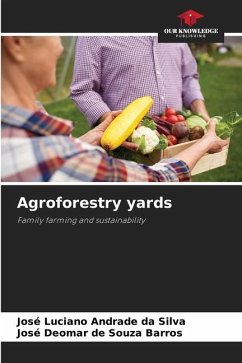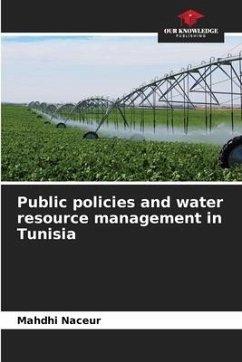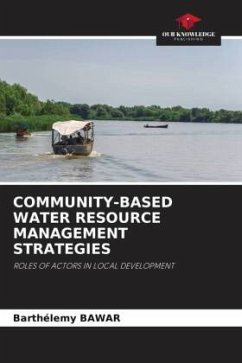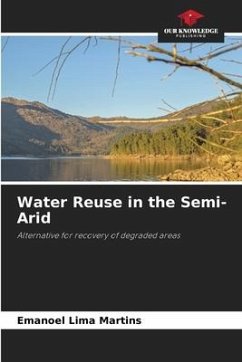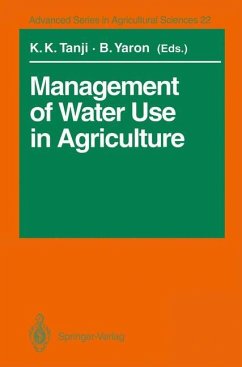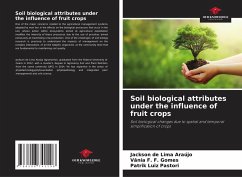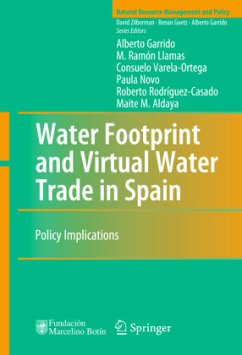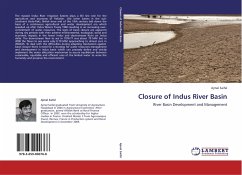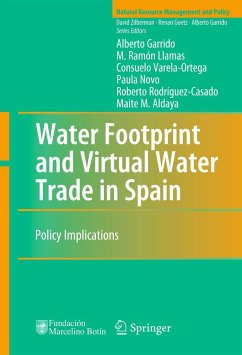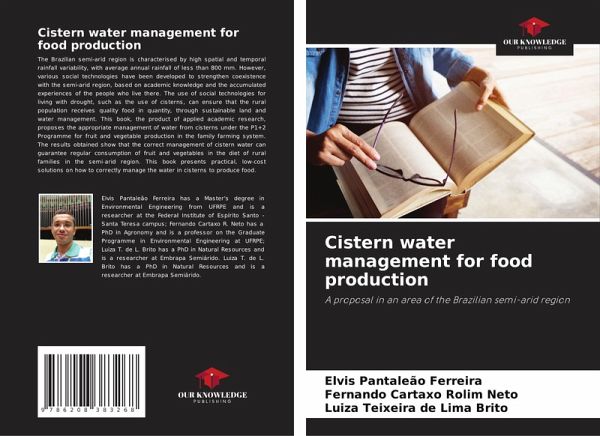
Cistern water management for food production
A proposal in an area of the Brazilian semi-arid region
Versandkostenfrei!
Versandfertig in 6-10 Tagen
33,99 €
inkl. MwSt.

PAYBACK Punkte
17 °P sammeln!
The Brazilian semi-arid region is characterised by high spatial and temporal rainfall variability, with average annual rainfall of less than 800 mm. However, various social technologies have been developed to strengthen coexistence with the semi-arid region, based on academic knowledge and the accumulated experiences of the people who live there. The use of social technologies for living with drought, such as the use of cisterns, can ensure that the rural population receives quality food in quantity, through sustainable land and water management. This book, the product of applied academic rese...
The Brazilian semi-arid region is characterised by high spatial and temporal rainfall variability, with average annual rainfall of less than 800 mm. However, various social technologies have been developed to strengthen coexistence with the semi-arid region, based on academic knowledge and the accumulated experiences of the people who live there. The use of social technologies for living with drought, such as the use of cisterns, can ensure that the rural population receives quality food in quantity, through sustainable land and water management. This book, the product of applied academic research, proposes the appropriate management of water from cisterns under the P1+2 Programme for fruit and vegetable production in the family farming system. The results obtained show that the correct management of cistern water can guarantee regular consumption of fruit and vegetables in the diet of rural families in the semi-arid region. This book presents practical, low-cost solutions on howto correctly manage the water in cisterns to produce food.





